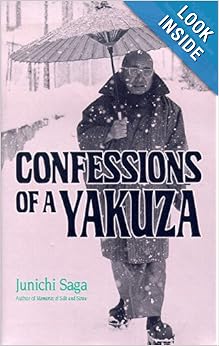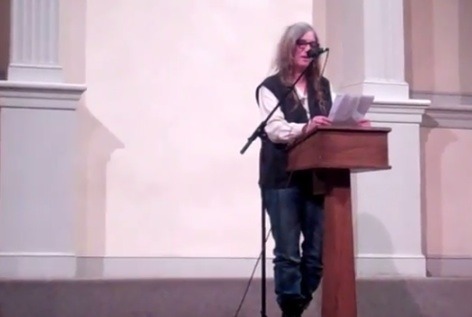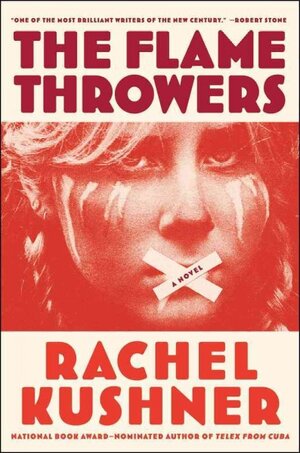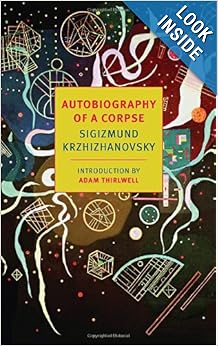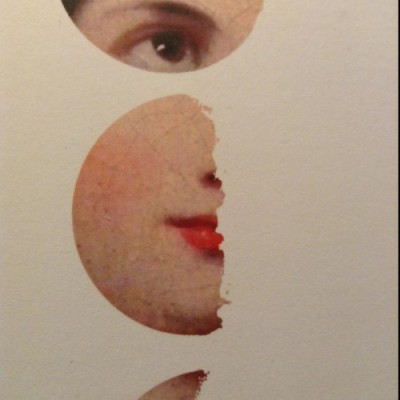
A few days ago I did a post about books Dylan has read and appreciated. There was a lot of interest, and I thought readers would be interested in a second post with more Dylan faves.
These books are either featured on Dylan’s website, or he talks about them in his memoir, Chronicles: Volume One.
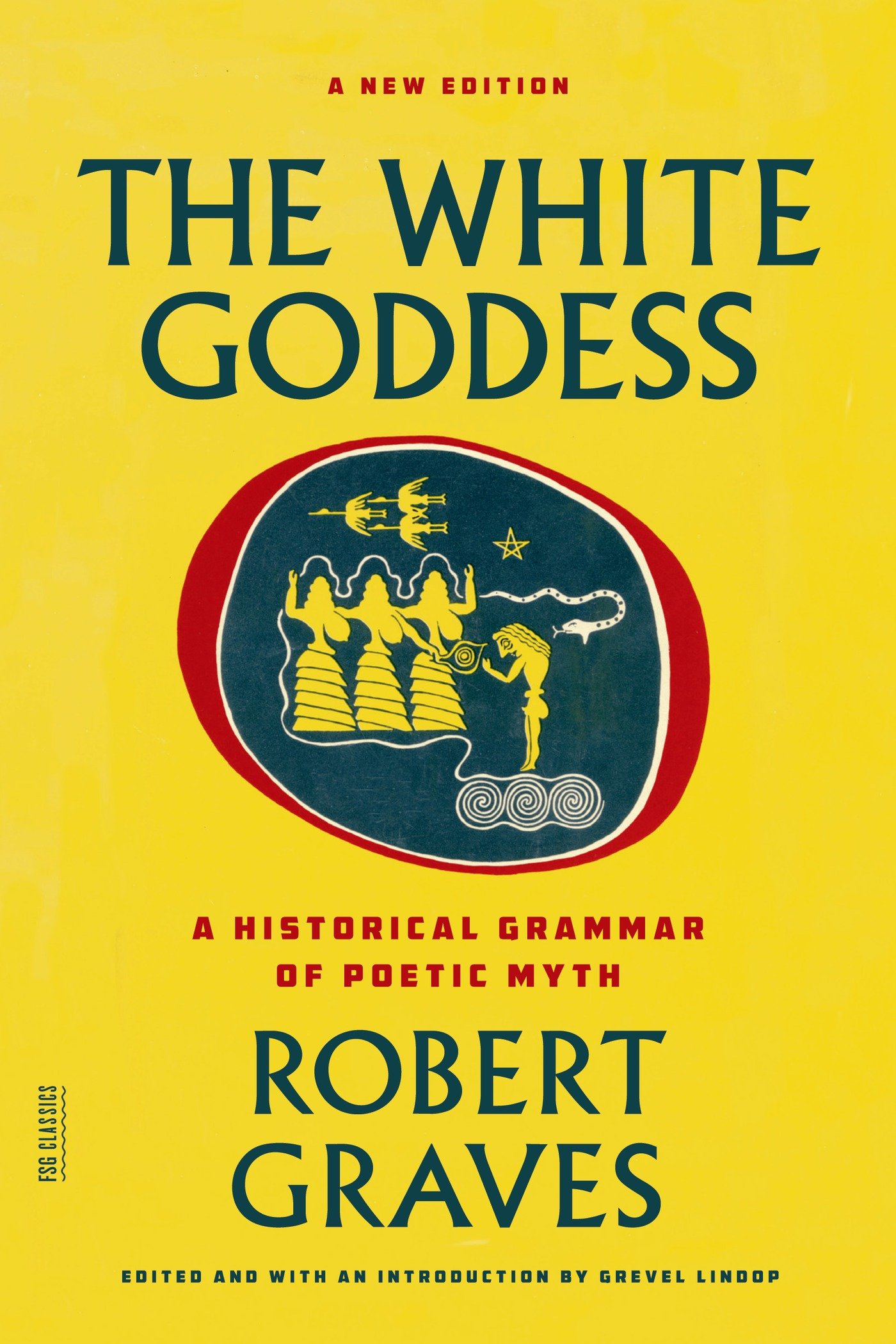
1 The White Goddess by Robert Graves
Bob Dylan in Chronicles: Invoking the poetic muse was something I didn’t know about yet. Didn’t know enough to start trouble with it, anyway. In a few years’ time I would meet Robert Graves himself in London. We went for a brisk walk around Paddington Square. I wanted to ask him about some of the things in his book, but I couldn’t remember much about it.

2 The Land Where the Blues Began by Alan Lomax
From Publishers Weekly (via Bob Dylan’s website):
Working for the Library of Congress and other cultural institutions, legendary roots-music connoisseur Lomax ( Mister Jelly Roll ) visited the Mississippi Delta with his father, folklorist John Lomax, and black folklorist Zora Neale Hurston in the 1930s; with African American sociologists from Fiske University in the 1940s; and with a PBS film crew in the 1980s, researching the history of the blues in America. Addressing this wonderfully rich vein of scarcely acknowledged Americana, Lomax has written a marvelous appreciation of a region, its people and their music. Burdened early with now long-forgotten technology (500-pound recording machines, etc.) and encountering pronounced racial biases and cultural suspicions about black and white people mixing socially and otherwise, Lomax sought out those in the Delta who knew Robert Johnson and Charlie Patton and others acquainted with musicians once less well known, such as Doc Reese, young McKinley Morganfield (Muddy Waters), Dave Edwards, Eugene Powell and Sam Chatmon. Traveling across the South “from the Brazos bottoms of Texas to the tidewater country of Virginia,” Lomax discovers the plantations, levee camps, prisons and railroad yards where the men and women of the blues came from and the music was born. In a memoir that will take its place as an American classic, Lomax records not just his recollections but the voices of hard-working, frequently hard-drinking, spiritual people that otherwise might have been lost to readers.

3 The Blues Line by Eric Sackheim, editor
From Bob Dylan’s website:
Transcribed from 78 rpm recordings and preserved here long after many of the records have disappeared, this collection of nearly three hundred songs from more than one hundred singers celebrates the diversity of feeling and form that defines the blues. Ma Rainey, Blind Lemon Jefferson, Bessie Smith, Leadbelly, Memphis Minnie, Robert Johnson, and Muddy Waters are represented with their lesser-known contemporaries—Barefoot Bill, Barbecue Bob, Bumble Bee Slim, and Black Ivory King. This complete anthology also features lyrics by Blind Blake, Victoria Spivey, Blind Willie Johnson, “Funny Paper” Smith, Texas Alexander, Lightning Hopkins, Mance Lipscomb, Ma Yancey, King Solomon Hill, Skip James, Arthur “Big Boy” Crudup, Son House, Willie Brown, Mississippi John Hurt, Bukka White, Furry Lewis, Sleepy John Estes, Rev. Gary Davis, Roosevelt Sykes, Peetie Wheatstraw, Sonny Boy Williamson, Kokomo Arnold, Tampa Red, Howlin’Wolf, John Lee Hooker, Charlie Patton, and more than 100 others. Dozens of illustrations by Jonathan Shahn are included.

4 Ringolevio: A Life Played for Keeps by Emmett Grogan
From Bob Dylan’s website:
Ringolevio is a classic American story of self-invention by one of the more mysterious and alluring figures to emerge in the 1960s. Emmett Grogan grew up on New York City’s mean streets, getting hooked on heroin before he was in his teens, kicking the habit and winning a scholarship to a swanky Manhattan private school, pursuing a highly profitable sideline as a Park Avenue burglar, then skipping town to enjoy the dolce vita in Italy. It’s a hard-boiled, sometimes hard-to-believe, wildly entertaining tale that takes a totally unexpected turn when Grogan washes up in sixties San Francisco and becomes a leader of the anarchist group known as the Diggers. The Diggers, devoted to street theater, direct action, and distributing free food, were in the thick of the legendary Summer of Love, and soon Grogan is struggling with the naive narcissism of the hippies, the marketing of revolution as a brand, dogmatic radicals, and false prophets like tripster Timothy Leary. Above all, however, he struggles with himself.
Ringolevio is an enigmatic portrait of a man and his times to set beside Hunter S. Thompson’s stories of fear and loathing, Norman Mailer’s The Armies of the Night, or the recent Chronicles of Bob Dylan, who dedicated his 1978 album Street Legal to the memory of Emmett Grogan.
5 Luck and Leather by Honore de Balzac
6 Le Cousin Pons by Honore de Balzac
Bob Dylan in Chronicles: I liked the French writer Balzac a log… Balzac was pretty funny. His philosophy is plain and simple, says basically that pure materialism is a recipe for madness. The only true knowledge for Balzac seems to be in superstition. Everything is subject to analysis. Horde your energy. That’s the secret of life. You can learn a lot form Mr.B. It’s funny to have him as a companion. He wears a monk’s robe and drinks endless cups of coffee. Too much sleep clogs up his mind. One of his teeth falls out, and he says, “What does this mean?” He questions everything. His clothes catch fire on a candle. He wonders if fire is a good sign. Balzac is hilarious.

7 Kaddish and Other Poems by Allen Ginsberg
From Dylan’s website: Allen Ginsberg’s epic poem inspired by the death in 1956 of his mother Naomi.

Dylan said in 1965: I came out of the wilderness and just naturally fell in with the Beat scene, the bohemian, Be Bop crowd, it was all pretty much connected. It was Jack Kerouac, Ginsberg, Corso, Ferlinghetti … I got in at the tail end of that and it was magic … it had just as big an impact on me as Elvis Presley.
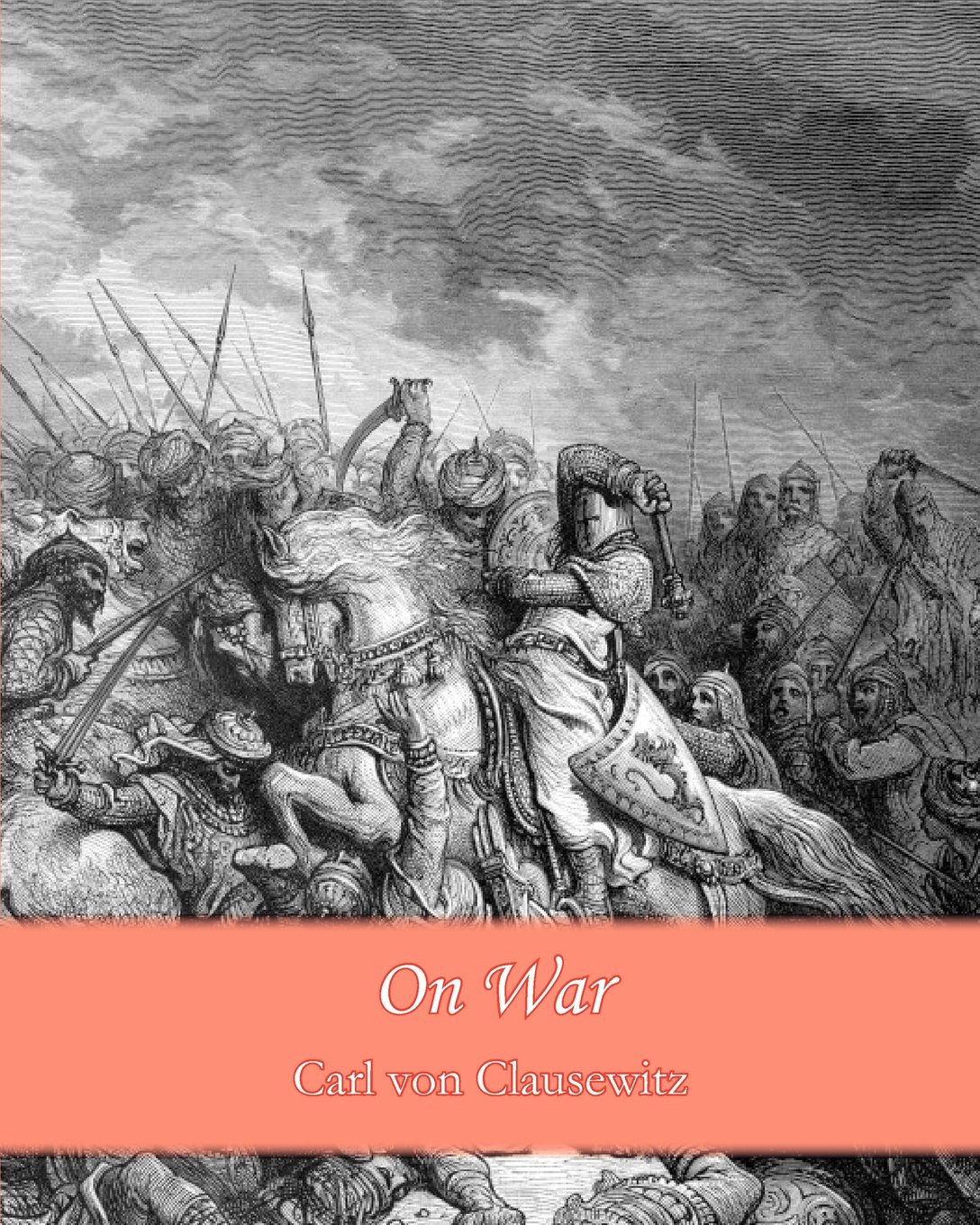
8 On War by Carl Von Clausewitz
From Bob Dylan’s website: Bob Dylan mentions Clausewitz on pages 41 and 45 of his Chronicles: Volume One, saying he had “a morbid fascination with this stuff,” that “Clausewitz in some ways is a prophet” and reading Clausewitz can make you “take your own thoughts a little less seriously.” Dylan says that Vom Kriege was one of the books he looked through among those he found in his friend’s personal library as a young man playing at The Gaslight Cafe in Greenwich Village.
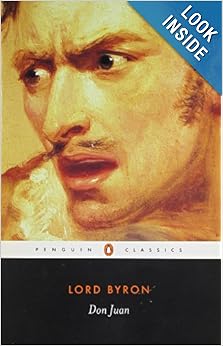
9 Don Juan by Lord Byron
Bob Dylan in Chronicles: I had broken myself of the habit of thinking in short song cycles and began reading longer and longer poems to see if I could remember anything I read about in the beginning. I trained my mind to do this, had cast off gloomy habits and learned to settle myself down. I read all of Lord Byron’s Don Juan, and concentrated fully from start to finish.

10 Honkers and Shouters: The Golden Years of Rhythm and Blues by Arnold Shaw
From Bob Dylan’s website: “The best history of R&B and all its components ever published.”
—John Hammond
-– A Days of the Crazy-Wild blog post: sounds, visuals and/or news –





